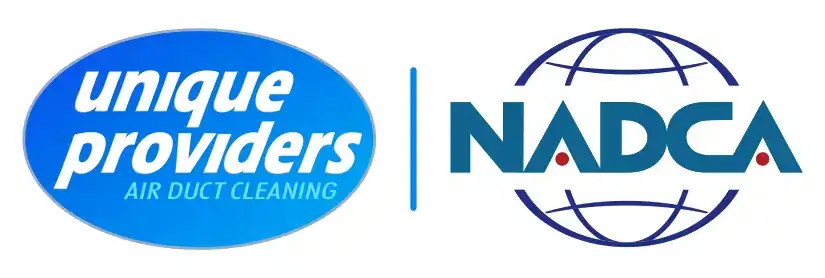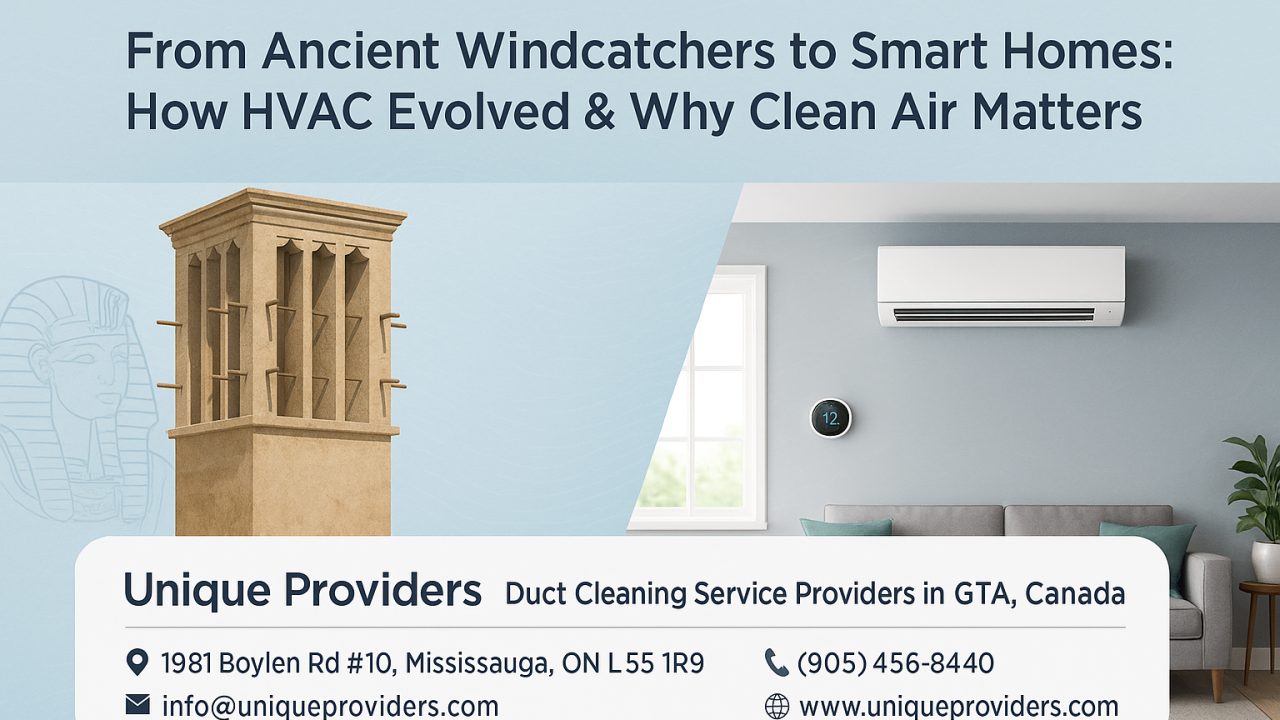Abstract
This study investigates the impact of Heating, Ventilation, and Air Conditioning (HVAC) system cleaning on indoor air quality and energy consumption. This Study conducted a comparative analysis of four major climate zones, including temperate northeast (Vermont), subtropical southeast (Mississippi), arid mountain west (Colorado), and temperate international (Milan, Pavia). Our results show significant reductions in indoor particulate matter (PM) exposure and energy consumption following HVAC system cleaning. The study highlights the importance of regular HVAC maintenance in improving indoor air quality and energy efficiency.
Introduction
Indoor air quality and energy consumption are critical concerns in the built environment. The majority of urban dwellers spend approximately 90% of their time indoors, where they are exposed to various airborne pollutants. HVAC systems play a crucial role in maintaining indoor air quality and thermal comfort. However, these systems can also act as reservoirs for particulate matter (PM), which can be blown into occupied spaces. Regular cleaning of HVAC systems can help reduce indoor PM exposure and improve energy efficiency.
Methodology
their study employed a comparative design, with four major climate zones representing different regions. They installed real-time airborne air quality sensors in each location to monitor PM exposure. The HVAC systems were cleaned, and energy consumption was measured before, during, and after cleaning. They analyzed the data to determine the magnitude of indoor PM exposure reduction and energy savings following HVAC system cleaning.
Results
their results show significant reductions in indoor PM exposure and energy consumption following HVAC system cleaning. The data revealed:
- A decrease in PM2.5 number concentration, with median values reduced by 35% in the cleaned side compared to the control side.
- A decrease in PM10 number concentration, with median values reduced by 28% in the cleaned side compared to the control side.
- Energy savings, with the cleaned side showing a 3-fold reduction in chilled water energy rate compared to the control side.
The study highlights the importance of regular HVAC maintenance in improving indoor air quality and energy efficiency. The findings suggest that HVAC system cleaning can lead to significant reductions in indoor PM exposure and energy consumption, ultimately contributing to a healthier and more sustainable built environment.
Conclusion
This study demonstrates the effectiveness of HVAC system cleaning in reducing indoor PM exposure and energy consumption. The results emphasize the need for regular HVAC maintenance to ensure optimal indoor air quality and energy efficiency. As we continue to spend more time indoors, it is essential to prioritize indoor air quality and energy efficiency to create a healthier and more sustainable built environment.
Regular HVAC system cleaning is crucial for improving indoor air quality and energy efficiency. The findings of this study are relevant to Canada, which has similar climate zones. Canadians can benefit from regular duct cleaning to achieve optimal results.
Recommendations
Based on the findings of this study, we recommend:
- Regular HVAC system cleaning to reduce indoor PM exposure and energy consumption.
- Installation of real-time airborne air quality sensors to monitor PM exposure.
- Implementation of energy-efficient HVAC systems and practices.
- Further research on the impact of HVAC system cleaning on indoor air quality and energy efficiency in different climate zones and building types.




